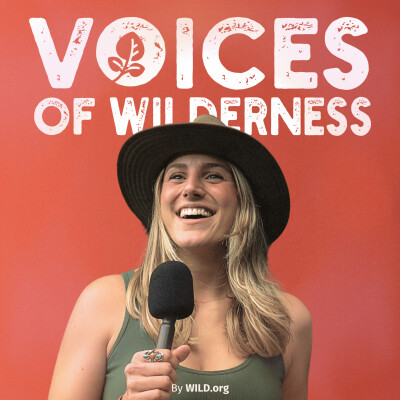Description
Global conservation policy can feel complex: What are these big events, and why do they matter? COPs, Conventions of Parties, and member-only congresses—these spaces can seem intimidating, filled with jargon, fancy terms, and big players.
You can often find yourself lost, not only in understanding what they mean, but in grasping how they work and, more importantly, what is your place in them is as an individual who cares about the planet.
And sometimes, they can feel so slow, right? The urgency of what’s happening is clear, but the slow-moving wheels of decision-making often don’t seem to match the pressing need for action. Despite this, these events remain crucial in shaping environmental policy on a global scale.
With the climate and biodiversity crises at the forefront, these gatherings bring together not just scientists and policymakers, but also Indigenous and local communities—groups often overlooked, yet whose voices are key in driving meaningful change.
Today, with WILD.org friends Yen Parico, Program Director of CoalitionWILD at WILD.org, and Aiita Joshua Apamaku, Wildlife Biologist and NatGeo Explorer, we’re diving into the importance of these conventions, how they shape the global conservation agenda, and how we, as individuals, can engage with the outcomes.
Before listening to the episode, please consider supporting our work at WILD.org, which allows us to dedicate time to creating these conversations for you.
Hosted on Ausha. See ausha.co/privacy-policy for more information.



